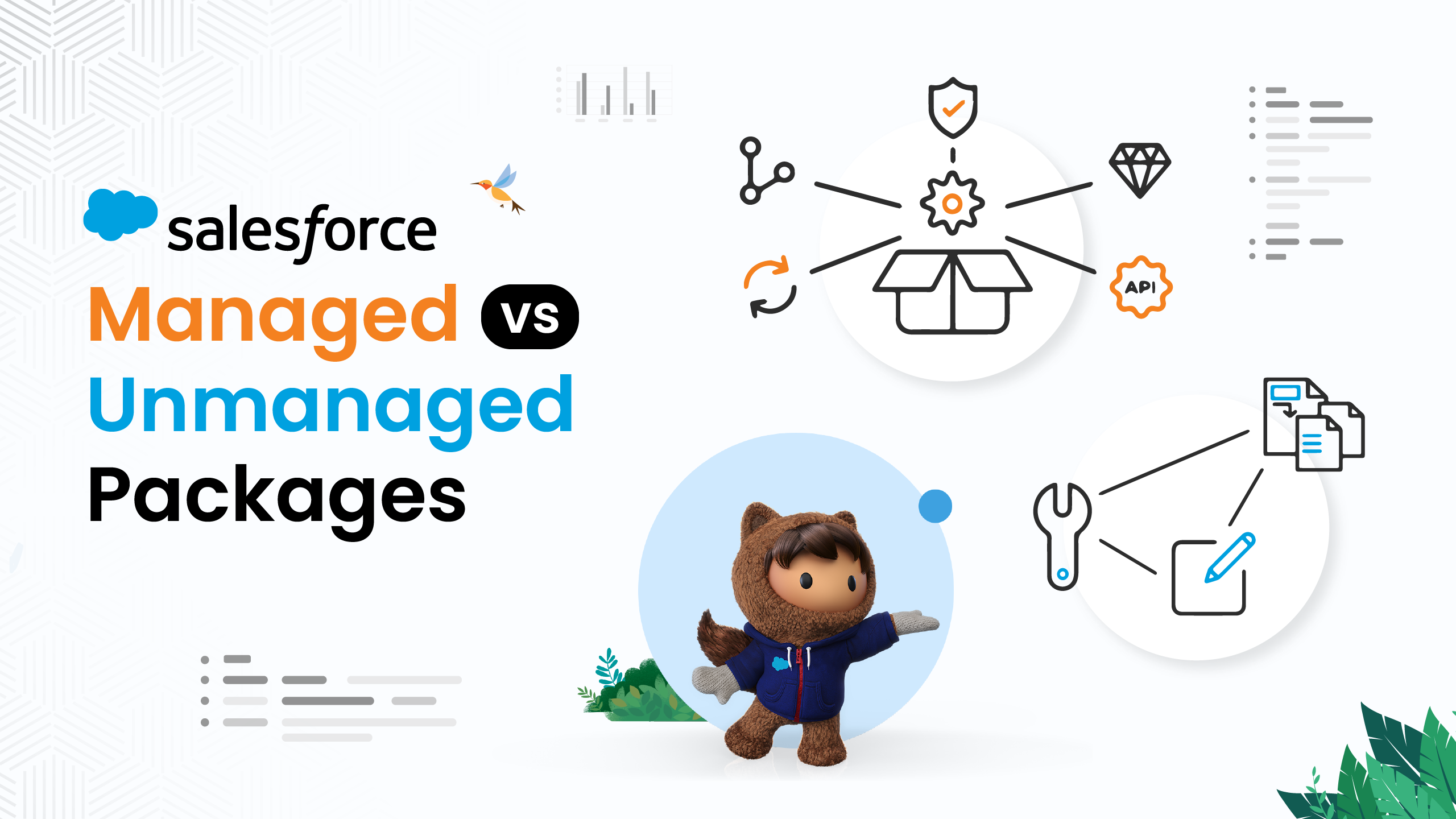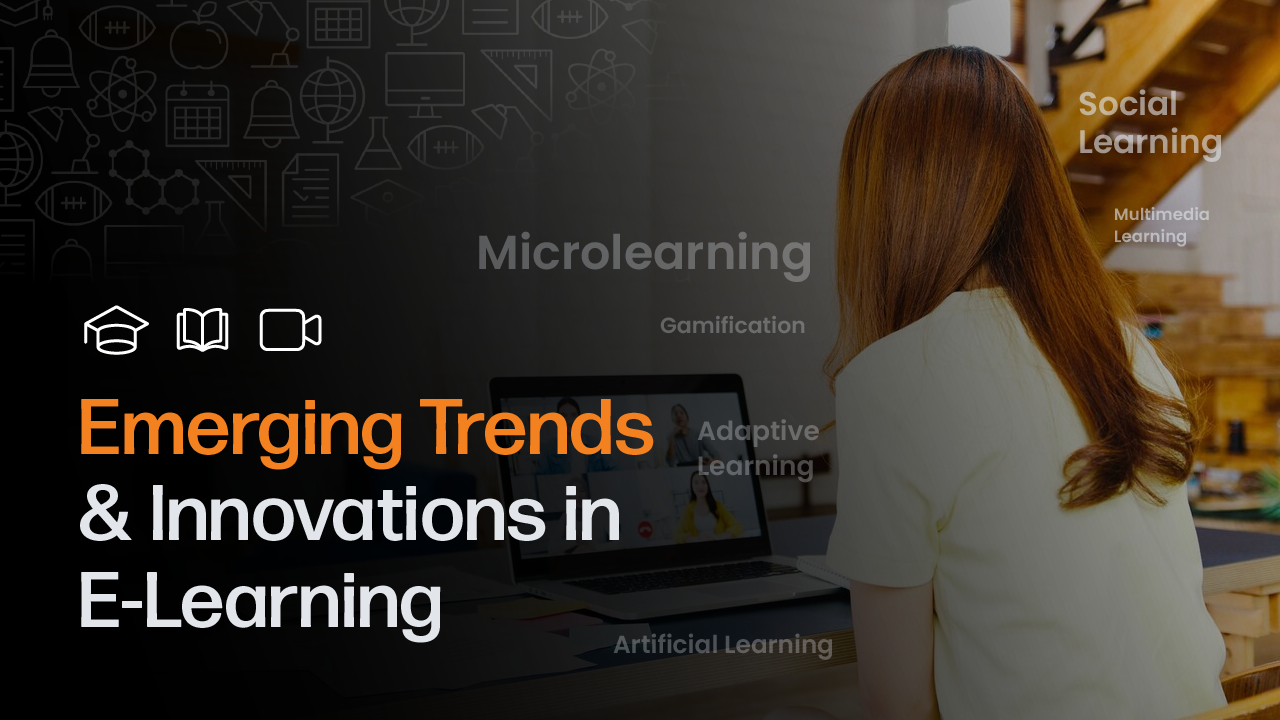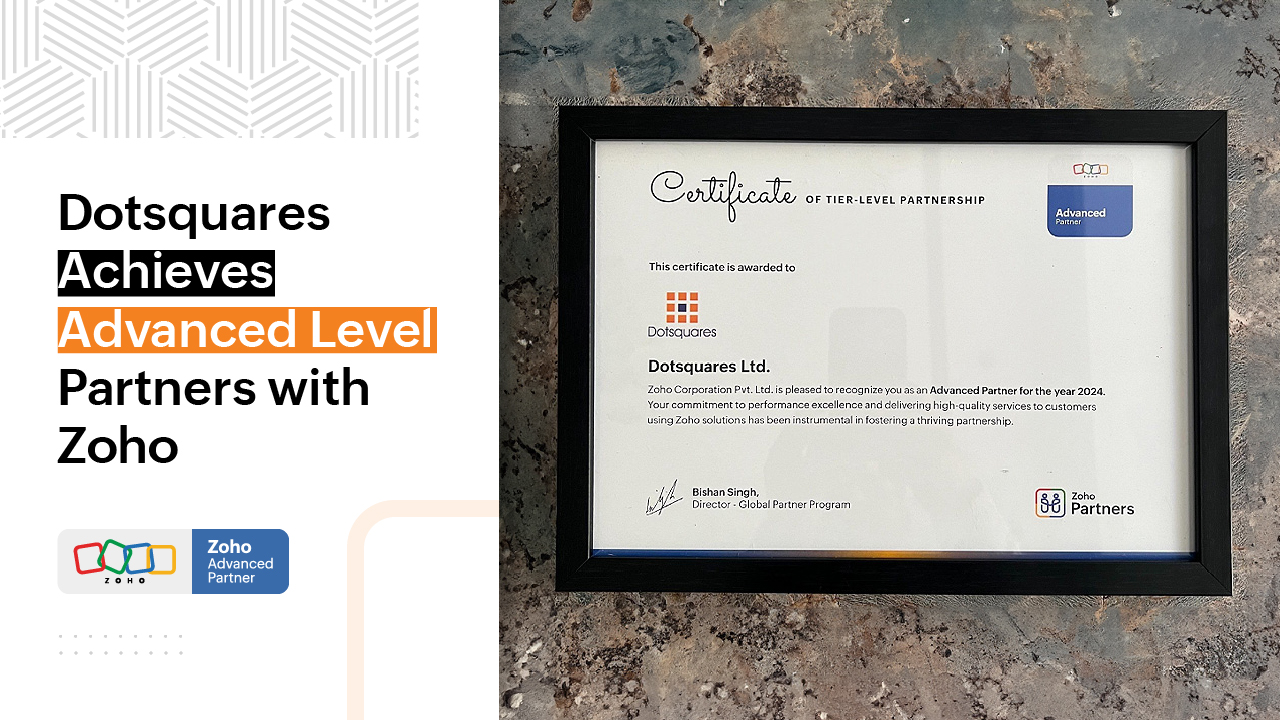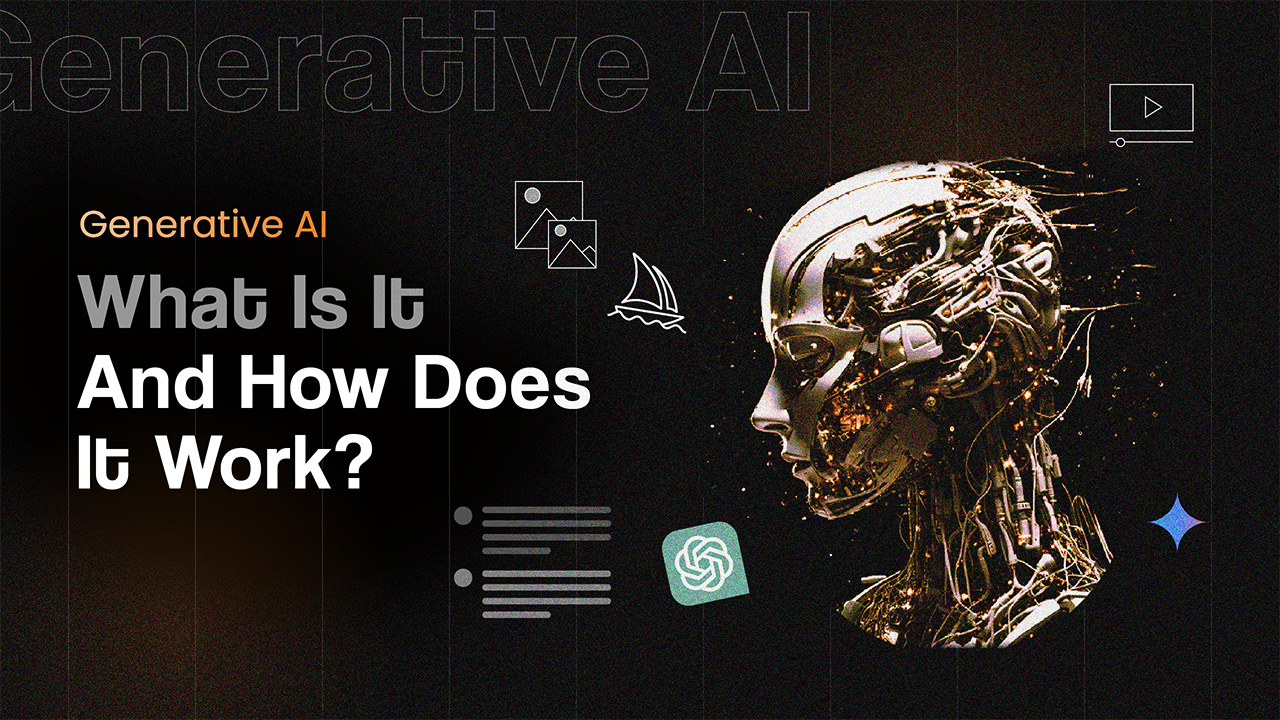September 26, 2018
It seems like the clouds of uncertainty are clearing giving way to a new era which many are calling the fourth industrial revolution is already here, which is fundamentally
“characterized by a fusion of technologies that is blurring the lines between the physical, digital and biological spheres.”
In our last post, we discussed how the latest report by WEF, ‘Building Block(chain)s for a Better Planet’, explored the convergence of the high-end technologies that is being developed, including Blockchain, and how it is resulting in several use cases that can increase the value of the industry as well as having the potential to create richer and more beneficial conditions for a healthier environment. Now, referring to these same findings, Bitange Ndemo, a columnist and an associate professor at the University of Nairobi’s Business School and a former secretary in the Ministry of Information and Communications, has pointed out that this convergence of the new technologies is hinting that there is a great opportunity for Africa in particular.
In his keynote speech at the continent’s first national AI conference- AI expo Africa 2018: Automation and Intelligence for the Future, He also gave a keynote speech on the use cases and overall acceptance of contemporary technologies. He noted that even though every new technology comes with its share of risks, “Africa will miss the point if the continent listened more to sceptics and failed to prepare for the emerging new world order – the Fourth Industrial Revolution – that in my view was ushered unto the world at the World Economic Forum (WEF) in Davos at the beginning of this year.”
It is noteworthy that even though AI and machine learning is not new to Africa, after all, Sophia the first AI robot to have earned a national citizenship of Saudi Arabia was partly developed in Ethiopia, the recent events have triggered a more intense wave of the technology’s acceptance.
We have seen previously that the resistance amongst the public to new technologies is fairly common when the farmers of the land resisted against the genetically modified seeds, for example. Although bringing in a technology that has the potential of creating unemployment on a large scale is a fairly tricky task, we now understand that the effect of AI on human employment is not a negative one, in the long run, it is difficult to get most people on board.
On this particular issue, Ndemo has stated “these [artificially intelligent] machines learn to do complex things that ordinary humans cannot do. For example, through facial recognition technology, the computer is capable of searching for a specific individual from one million views. The benefit to humans in terms of security is obvious.”
In another conference held in Cape Town Africa by Microsoft named – Deep Learning Indaba, this was reemphasised. In fact, in the week-long event, efforts were made to teach and share the ideas around machine learning, so that more people can join this revolution, negating the chances of resistance or of unemployment. In the workshops organised during the event, engineers from Microsoft offered keynote sessions and some essential lessons on Machine learning, so that the people who want to keep up can get a head-start into that industry right away. There was another special session in the event that specifically encouraged women to join in and make their contribution to the Tech Revolution in Africa.
Resources:
https://www.nation.co.ke/oped/blogs/dot9/ndemo/2274486-4763218-4d24xuz/index.html
http://microsoftcaregh.com/2018/09/11/microsoft-supports-machine-learning-in-africa/
http://www.africanews.com/2018/09/18/first-ai-conference-in-south-africa-the-morning-call/
https://www.dw.com/en/resistance-to-genetically-modified-seeds-in-africa/a-44736633




